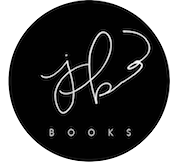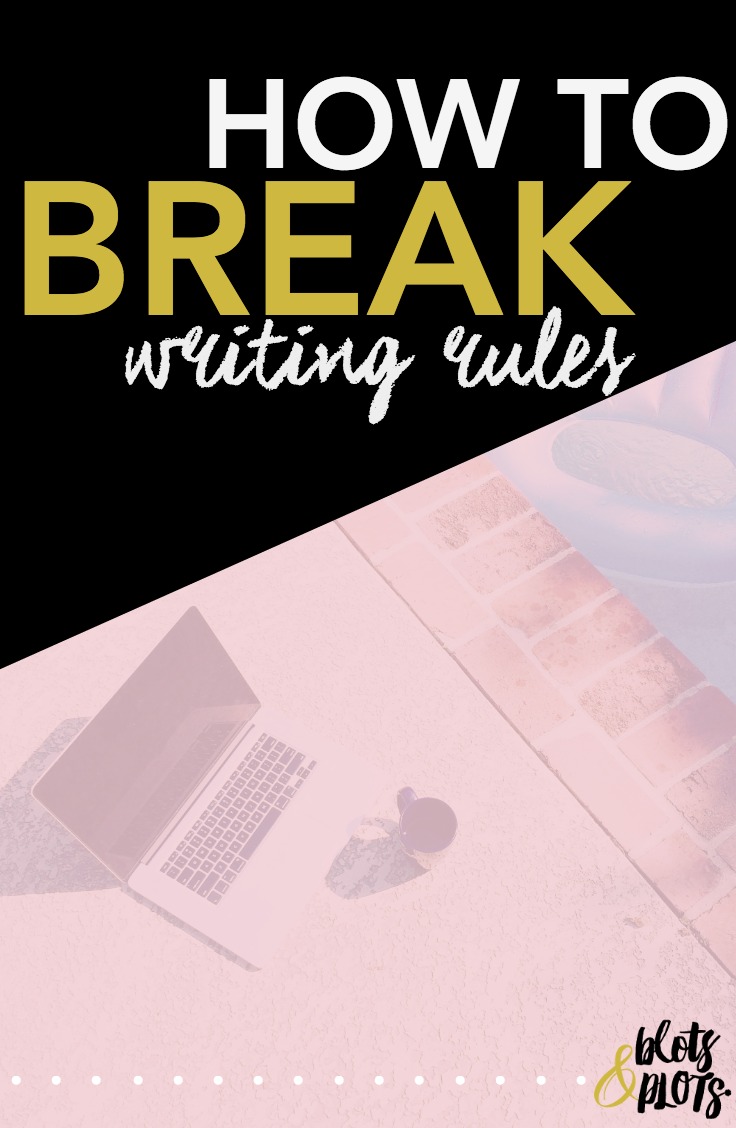Want to know the secret to winning NaNoWriMo? Are you ready? Here's the secret, my friends: get ready to write like crazy.
So what is NaNoWriMo? It stands for National Novel Writing Month and takes place the month of November, when crazy writer kids get together and try to write their novels. A whole novel. 50,000 words to be exact. Guess who happens to be a crazy writer kid?
Last year, I loosely participated in NaNoWriMo with a group of my writer friends, but it fell at an odd time for me. Because I was nearly finished with my first novel, These Are the Moments, I had trouble reaching my word counts.
But this year, everything changes. Not only am I taking #TATM2 to NaNoWriMo—Lord, help me—but I'm taking you with me. This year, I'm hosting an exclusive NaNoWriMo community, and you're invited. Scroll to the bottom of this post to sign up!
Are you up for the challenge? We need a game plan, folks. I've got three tips on how to survive NaNoWriMo, coming at ya':
Kiss the Delete Key Goodbye
50,000 words, people. And every single one of them counts. I'm a big believer in writing sprints, so much so that it's my number one writing secret to writing faster. The key to making your word counts is to let your mind wander.
I'll be honest with you: I'm not the best at being totally edit-free, but with practice, I've learned to write through my mental editing. So, goodbye delete key, who needs you anyway?
For stratey, try reading:Why You Should Write Your Novel on Paper.
Be Distraction-Free
"Oh look, a tweet!" How often do you find yourself clicking through apps when you've promised yourself you'd write? We spend so much time wasting time that writing takes twice the time.
Let's break this down, shall we? For NaNoWriMo, you need to write 1,666 words a day. When sprinting, I can write 1,000 words in thirty minutes. That's around 45 minutes of unlocked writing time a day! But add in Twitter? And I'm done.
How do we fix this? Here are some helpful hints:
- Find your ideal writing space. Do you need absolute silence? Do you write at a desk? Find what makes you most productive!
- Download a distraction-free software.
- Turn off your WiFi. (I know you're scared. Trust me.)
- Schedule your social media ahead of time.
- Leave your phone in the other room.
Plan Ahead
The most important part of how to survive NaNoWriMo is preparation. I'm talking a whole lotta coffee. When it comes to NaNo prep, this involves at least a small degree of outlining.
A few things you should know before you jump into November:
- The general plot. When November 1st rolls around, you don't want to be choosing between two story ideas. Unless you think you can write 100,000 words.
- Your main character. Or a character, at least. Don't worry about names, just know what he/she is all about.
- A few scenes. 1,666 can add up really fast, especially when you don't have a scene idea. Save yourself the trouble and keep a list of scenes you want to write as a reference.
Remember, NaNoWriMo is a marathon. You don't just wake up one morning and say, "I think I'll go run a 5k today." You train. You practice. Take this same principle to NaNo.






